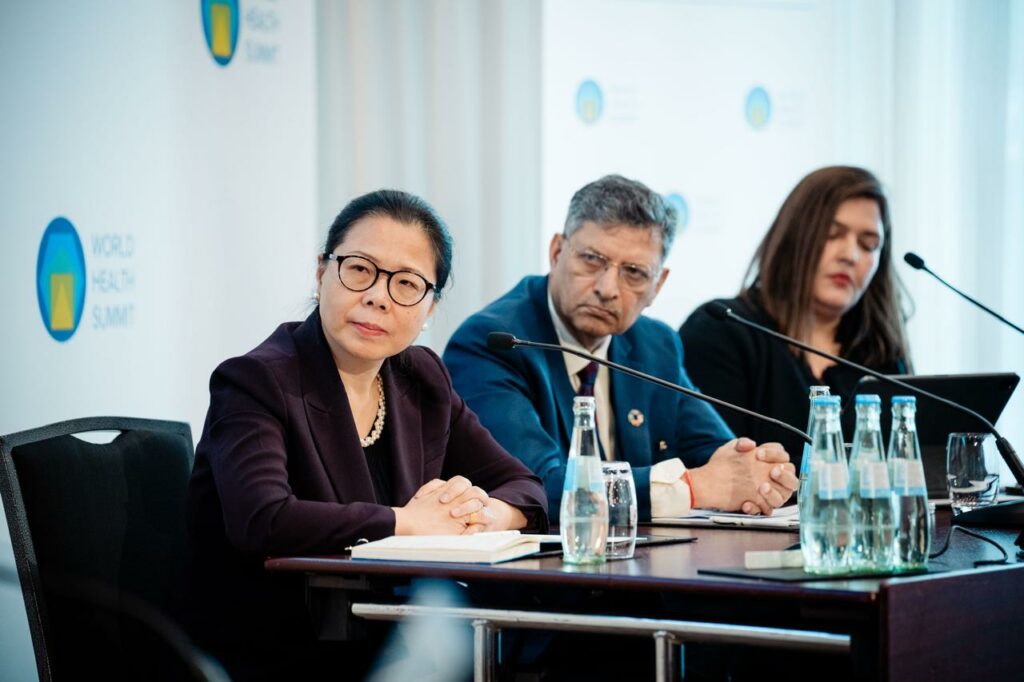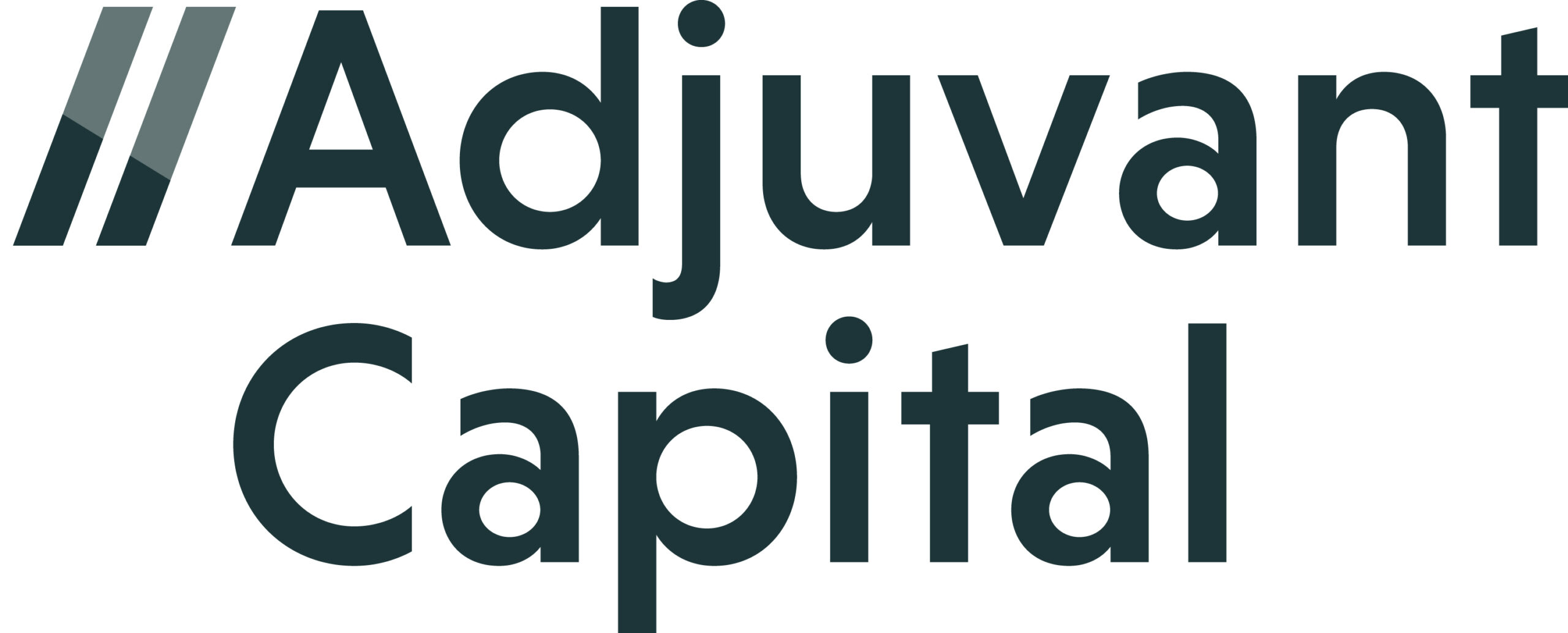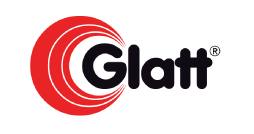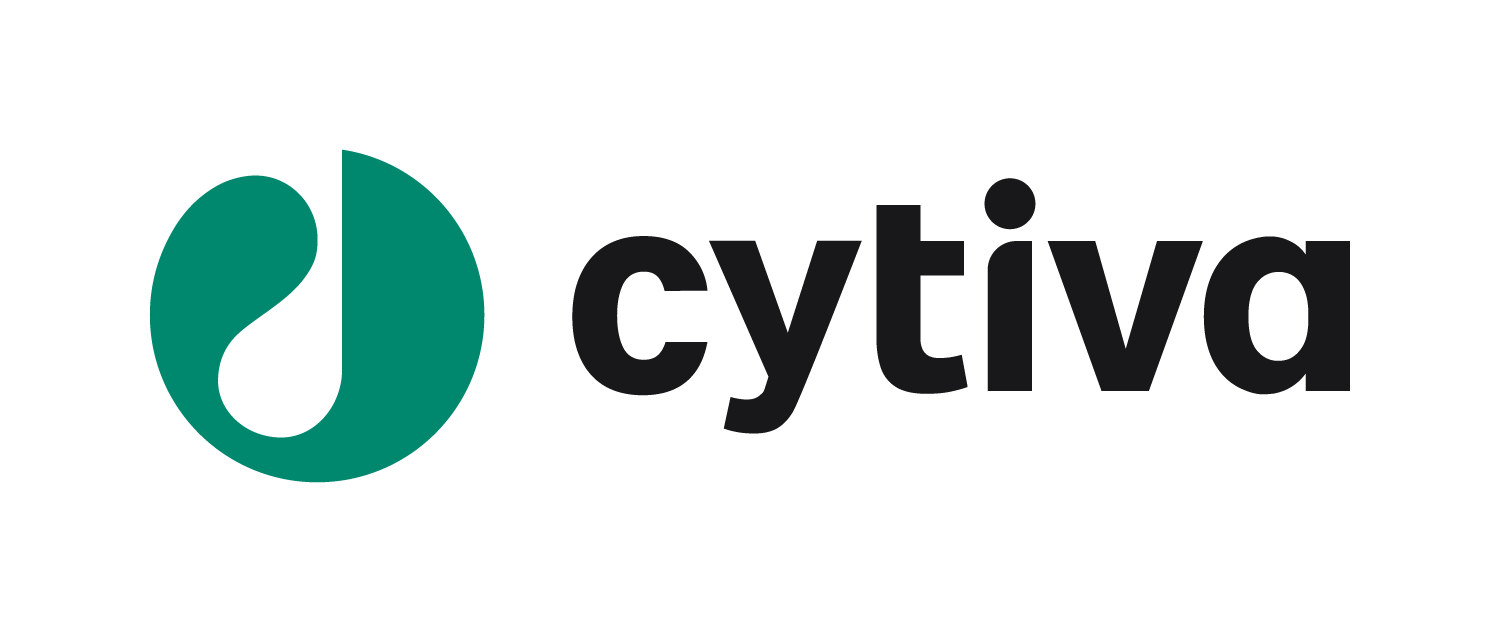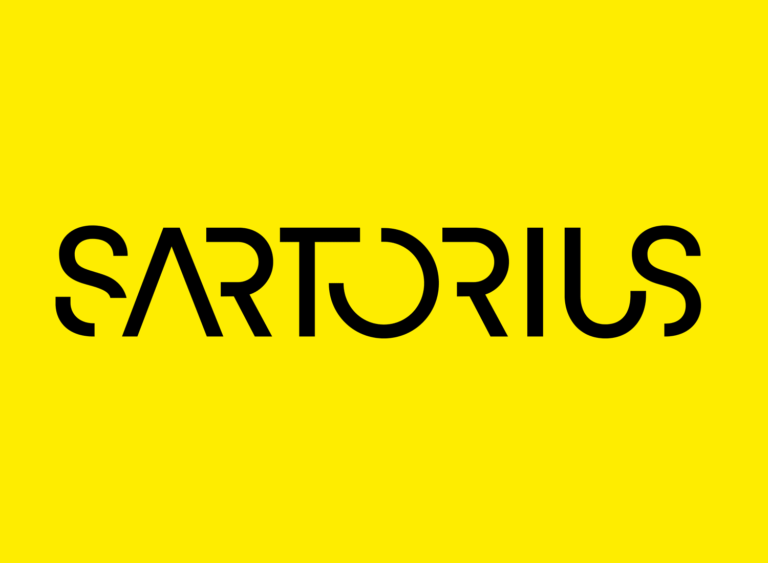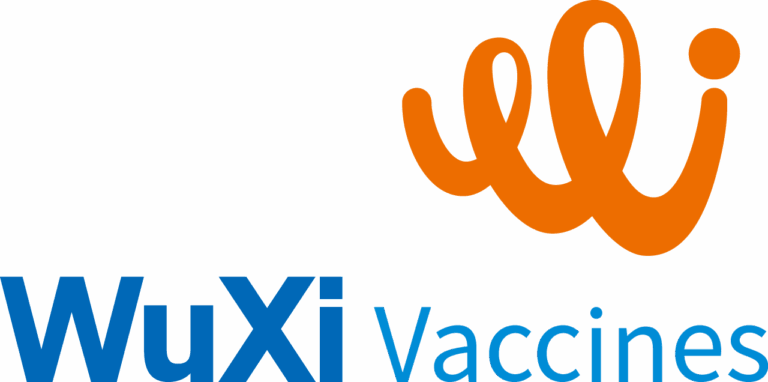From Berlin — where the World Health Summit gathers scientists, policymakers and global-health leaders to drive a science-led agenda anchored in the SDGs — a powerful conversation unfolded about vaccine production in Africa.
At the session hosted by the Federal Ministry for Economic Cooperation and Development (BMZ) “Taking Stock of Four Years of Support to Vaccine Production in Africa: Progress, Challenges, and the Road Ahead to Sustainable Investments,” our CEO Rajinder Suri joined brilliant panelists Dr Dr. Tania H. Rödiger-Vorwerk (BMZ), Martin Seychell (European Commission), Shanelle Hall (Africa CDC), Dr. Jicui Dong (WHO) and moderator Farrah Losper (AVMI) to move the discussion beyond assumptions and into concrete progress.
The panel began by asking the audience what comes to mind when they think of vaccine production in Africa, and what began as an audience snapshot of common misconceptions: uncertainty, even that vaccine production in Africa might be “impossible”, quickly became a far richer conversation about tangible progress and real opportunity.
Rajinder turned that moment into a powerful reframing: “I M POSSIBLE” and used it to share four success factors he’s observed in the last 3-4 years in Africa:
𝟭) 𝗚𝗿𝗼𝘄𝘁𝗵 𝗶𝗻 𝗽𝗼𝗹𝗶𝘁𝗶𝗰𝗮𝗹 𝘄𝗶𝗹𝗹 𝗮𝗻𝗱 𝗰𝗼𝗻𝘃𝗲𝗿𝗴𝗲𝗻𝗰𝗲 under the ageis of AU and Africa CDC.
𝟮) 𝗡𝗼𝘃𝗲𝗹 𝗳𝗶𝗻𝗮𝗻𝗰𝗶𝗻𝗴 𝗺𝗲𝗰𝗵𝗮𝗻𝗶𝘀𝗺𝘀, including the AVMA announcement by Gavi.
𝟯) 𝗘𝘀𝘁𝗮𝗯𝗹𝗶𝘀𝗵𝗺𝗲𝗻𝘁 𝗼𝗳 𝘁𝗵𝗲 𝗺𝗥𝗡𝗔 𝘁𝗲𝗰𝗵-𝘁𝗿𝗮𝗻𝘀𝗳𝗲𝗿 𝗵𝘂𝗯 𝗶𝗻 𝗦𝗼𝘂𝘁𝗵 𝗔𝗳𝗿𝗶𝗰𝗮.
𝟰) 𝗖𝗮𝗽𝗮𝗰𝗶𝘁𝘆 & 𝗰𝗼𝗺𝗽𝗲𝘁𝗲𝗻𝗰𝗲 𝗯𝘂𝗶𝗹𝗱𝗶𝗻𝗴: workforce development, where DCVMN is making tangible contributions. We are proud of DCVMN’s practical investments: our Tech Transfer Training (train-the-trainers) developed with Hilleman Laboratories. Five programs delivered so far, training 70+ professionals, with ~25% from Africa, including a full Africa-focused edition in collaboration with Africa CDC. These are the boots-on-the-ground efforts that turn policy and funding into sustainable manufacturing capacity.
Rajinder also sounded an urgent note on a remaining vulnerability: a persistent gap in Drug Substance (DS) and Drug Product (DP) capacity. If another public-health emergency hits, Africa risks facing the same supply bottlenecks unless DS capability is scaled now.
His proposed path forward? Closer collaboration between RVMC, Africa CDC and DCVMN, leveraging DCVMN’s advanced programs (QbD and MSG) as practical routes to build competence, quality systems and workforce capability needed as building blocks for true self-sufficiency.
The session proved that this conversation is more than a stocktake: but a story of how the landscape of vaccine production in Africa has evolved from early challenges to tangible progress and the work on aligning policy, finance, tech transfer and skills development needs to continue so that “I M POSSIBLE” becomes reality across the continent.
